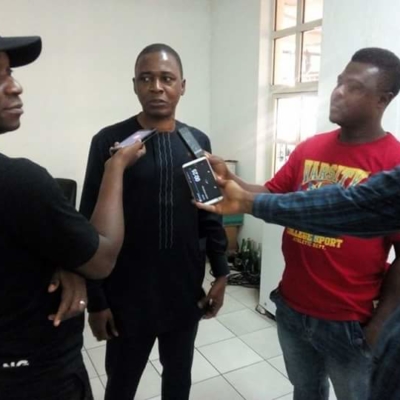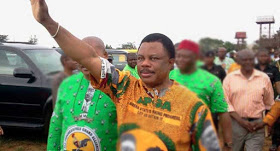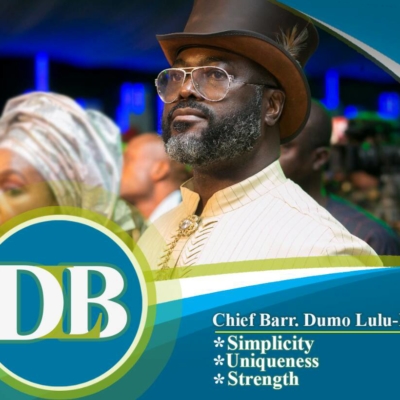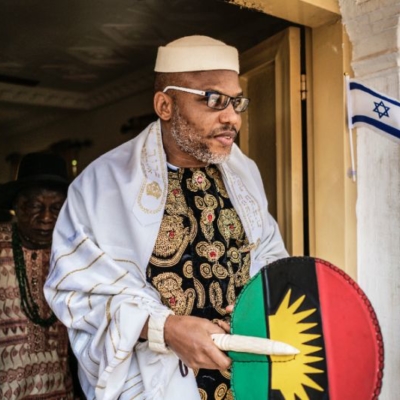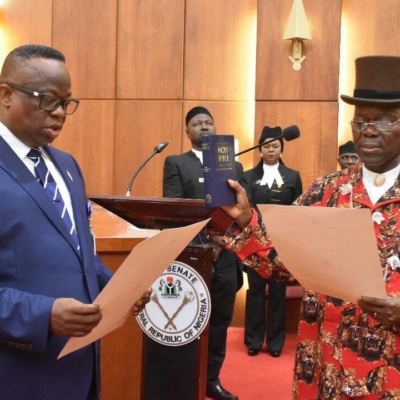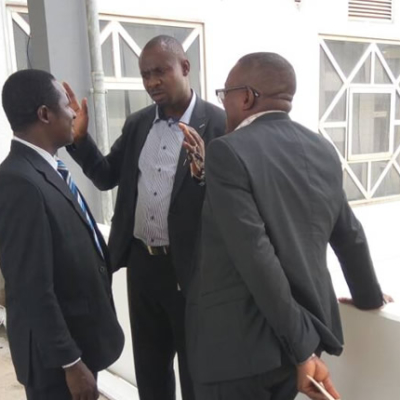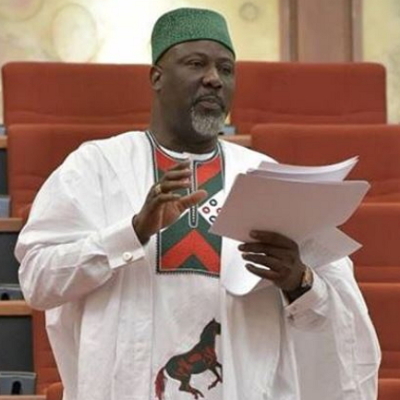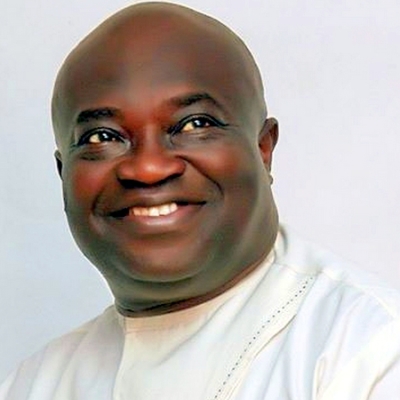It was a tragic denouement the other day when, after so much expectation, Nigeria’s Senate and House of Representatives, expected to be an assemblage of statesmen, let down the nation by throwing away the chance to give the people a constitution that would deepen democracy, good governance and trigger a real development of the country. Sadly, the legislators elevated lack of vision to ignoble heights and turned their supposedly hallowed chambers into a gas chamber for visionary ideas. They trivialised the majesty of democracy as they threw away the finest essence of federalism that Nigerians crave and need very badly.
But if members of the upper house of Nigeria’s bicameral legislature especially cannot exercise discipline to gauge the mood of the nation, then what is the value of representation in a constitutional democracy?
Specifically, both chambers of the National Assembly, the Senate and the House of Representatives, had surprisingly voted against the bill to alter the 1999 Constitution to devolve more powers to the states. They also voted to retain the obnoxious Land Use Act and paradoxically voted for “local government autonomy” in their twisted thinking on federalism.
In response, the people have been wailing, wondering what manner of representatives they have, men and women who are working against the interest of their people and manifesto of the ruling party that dominates the same Assembly.
Curiously, the lawmakers’ voting pattern reflected a failure of consensus building abilities of political leaders from the north and south and indeed advertised all the geo-political divisions in the polity. The voting profile also exposed the poverty of ideas on the part of leaders and aspirants who have been mouthing support for federalism or restructuring without engaging with the federal legislators before their tragic voting.
What is worse, there still appears to be no national consensus on how to develop Nigeria when politicians of southern and northern extractions meet to vote. This is unfortunate in the extreme!
Hence the tragedy is that from what just happened in the federal legislature, the campaign for restructuring remains largely a southern Nigeria affair. While the virulent attacks on the federal legislators have been very loud and ceaseless in the south, prominent opinion leaders from the north have remarkably ignored the issue of devolution of powers while commenting on other aspects of the proposed amendment.
With members voting along geo-political lines, the grave implication is that Nigeria remains a country with sharp divisions on almost every political issue. Of course, the nation’s leaders in Abuja and the 36 state capitals seem not interested in nation building, hence the agitation for restructuring appears limited to a section of the country, a result of deep distrust, suspicions and misunderstanding.
Certainly, there is a gross misconception of the idea of restructuring and why it is the only way to Nigeria’s greatness. The agitation of the Indigenous Peoples of Biafra (IPOB) for secession, the campaign for resource control by the militants in the South-south creeks and demand for fiscal federalism by many in the south-western flank are all symptoms of a federal system that is not structured as it should be and serves little useful purpose for its component parts.
Which is why this newspaper has repeatedly harped on the many benefits of federalism to all Nigerians. Of course, the nation’s political leaders are to blame for failure to do enough to let their people know the essence of this amendment agenda. The federal lawmakers let the nation down at a time when, more than any other issue, the call for restructuring has gained appeal across almost all shades of interest.
Pro-restructuring campaigners have emphasized an unassailable fact that the Federal Government has more powers than necessary, domineering control of resources as well as too large a share of national revenue. This is where devolution of powers to the states is a desideratum. The current system holds Nigeria down and encourages indolence as well as corruption. Apart from affecting the efficiency of the Federal Government, given that it has too much power and control over too many things it cannot manage, it is also skewed against the states in terms of resources within their control and accessible revenue.
This is what has reduced all the states to beggarly status as they go to Abuja, begging bowls in hand every month, for revenue sharing based on certainly inequitable criteria.
Debates on these and other issues should have been robust in the legislative chambers and town hall meetings before those votes were casually and carelessly cast in the legislature.
There is no federation on earth that shares revenue of the nation every month to federating units from the nation’s capital as Nigeria currently does. This is what has underdeveloped Nigeria and made it a country where the central government makes decisions for 36 states and 774 local government areas in regions that have different orientations and divergent needs. This is the blight on the constitution the military establishment that has ruled the country for most of the country’s 57 years of independence bequeathed to Nigeria in 1999.
The people, contrary to the first line of the extant constitution that says “we the people,” did not have any input into the complicated unnecessarily wordy and foggy constitution.
Amending provisions in that kind of law of the land made by the military requires considerable thoroughness, seriousness and inclusiveness. A much easier approach is to reject the entire document and work out something fresh and more agreeable.
The so-called representatives of the people should have been guided by the reproach Nigerians carry, having failed for 51 years out of the 57 years after independence. They should have thought of a re-birth of Nigeria and not a cosmetic repair and be instructed by the fact that the only period of meaningful progress was that immediately after independence when federalism was in place in letter and in spirit, until 1966 when the military came in unnecessarily and went on decades-long distortion of Nigeria’s real essence.
Since 1966, it has been ruination or damnation all the way as a result of a warped federal system and bad leadership. For example, the Federal Government in its centralised form took over everything and ruined it. It seized Nigeria’s world-class universities, businesses, infrastructural facilities and other social amenities and they have all since been ruined through the fraudulent unitary government parading itself as a federal system, even with democracy in place!
More importantly, it is tragic that a governing party, the All Progressives Congress that promised restructuring of the polity in its manifesto, has been so broken and disorganised that it can hardly rally a National Assembly it controls to achieve a consensus on devolution of powers so well agreed upon at the Constitutional Conference of 2014. Suffice to say that Nigeria’s leaders, especially those in the national legislature need a moral rearmament at this point so they can always be conscious of their charge to serve the nation and not just to earn undeserved income, a situation that has put them in perpetual odium and, if you like, conflict with the people they represent. Their attitude has demonised political participation and representation.
With their conduct over the bid to return Nigeria to the path of a functional federation, they seem to have rejected statesmanship and opted for convenience and self-interest. That is a terrible disservice to the nation.
If nothing else, the least Nigeria deserves are amendments along the lines of the recommendations contained in the 2014 National Conference report. And the earlier the lawmakers re-visit this matter, the better for their individual and collective reputation as well as the future well being of Nigeria.
Credit — Vanguard News
